Publications
fp21 is building a new culture of foreign policy. Explore our publications below.
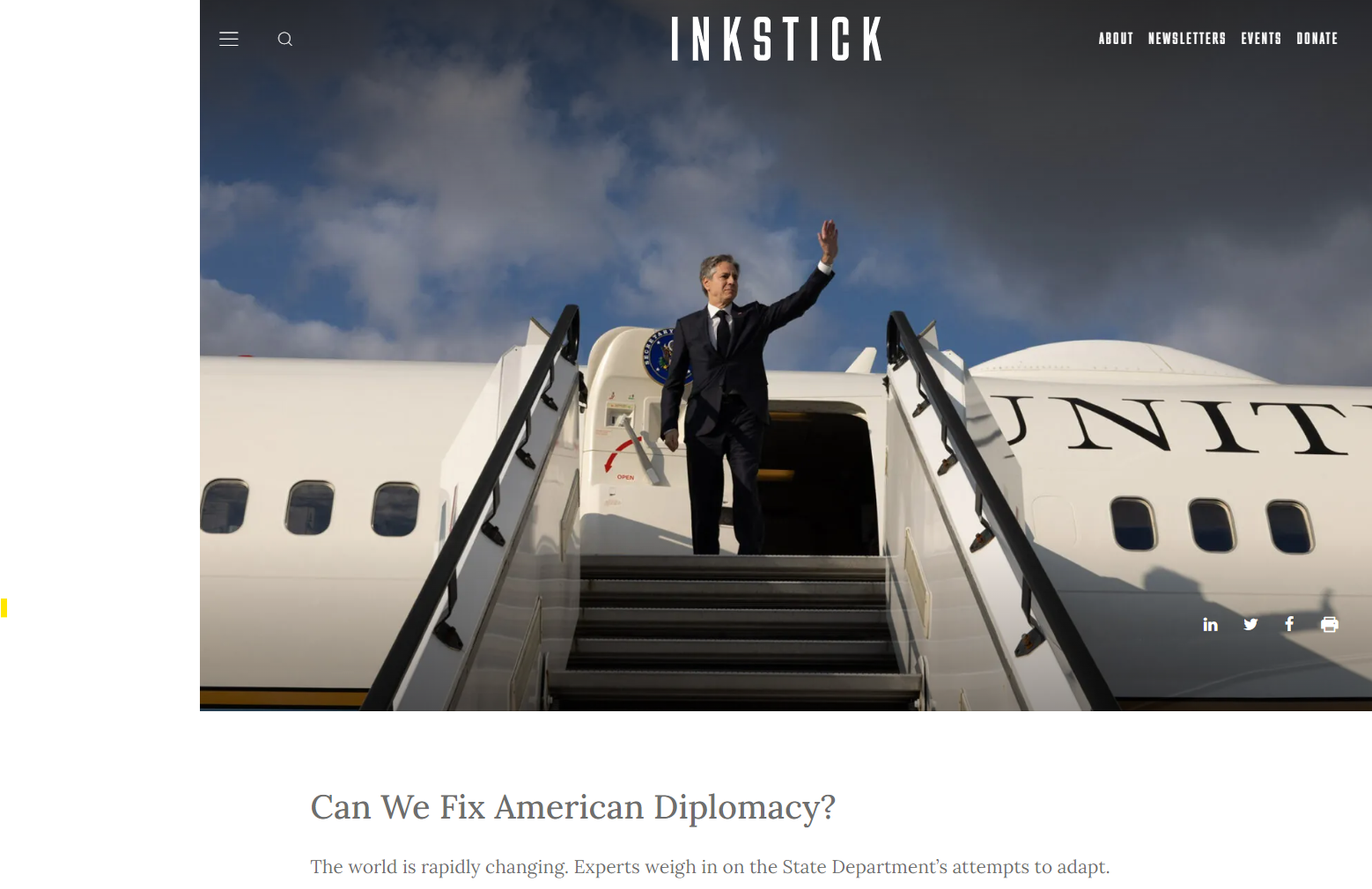
Can We Fix American Diplomacy?
Dan Spokojny: The quality of our institutions’ policymaking processes — the ability to turn ideas into action — ought to be an essential concern for grand strategists. Upgrading the U.S. Department of State's decision-making process may be the most impactful intervention to strengthen our national security. This was the thesis for a talk and article offered to The Stimson Center's Reimagining Grand Strategy event in September.

Congressional Commission to Reform the State Department
The new Congressional Commission on Reform and Modernization of the Department of State represents a rare bipartisan consensus: the State Department remains an essential asset for U.S. national security but needs revitalization. This article proposes four questions the Commission needs to consider to set itself on a successful path.
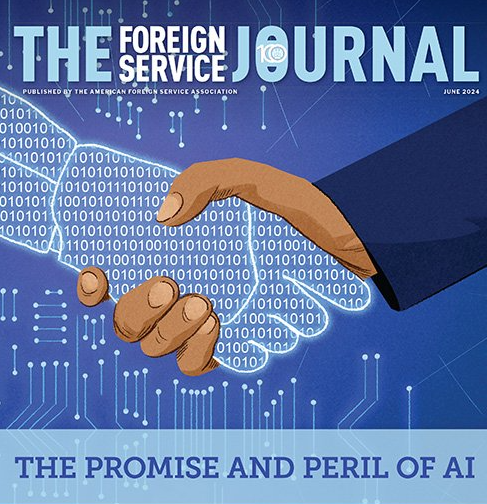
Foreign Service Journal: Can the State Department integrate promising new technology without undermining the essential human aspects of diplomacy?
Dan Spokojny's article introduces an edition of the Foreign Service Journal dedicated to the future of diplomacy, specifically how the rapid advances in artificial intelligence (AI), data collection and analysis, and scientific thinking can improve the conduct of international relations. It focuses on the question: With an exponential increase in the complexity of the international environment and the simultaneous advance of new technologies, how can we improve the quality of our foreign policy?
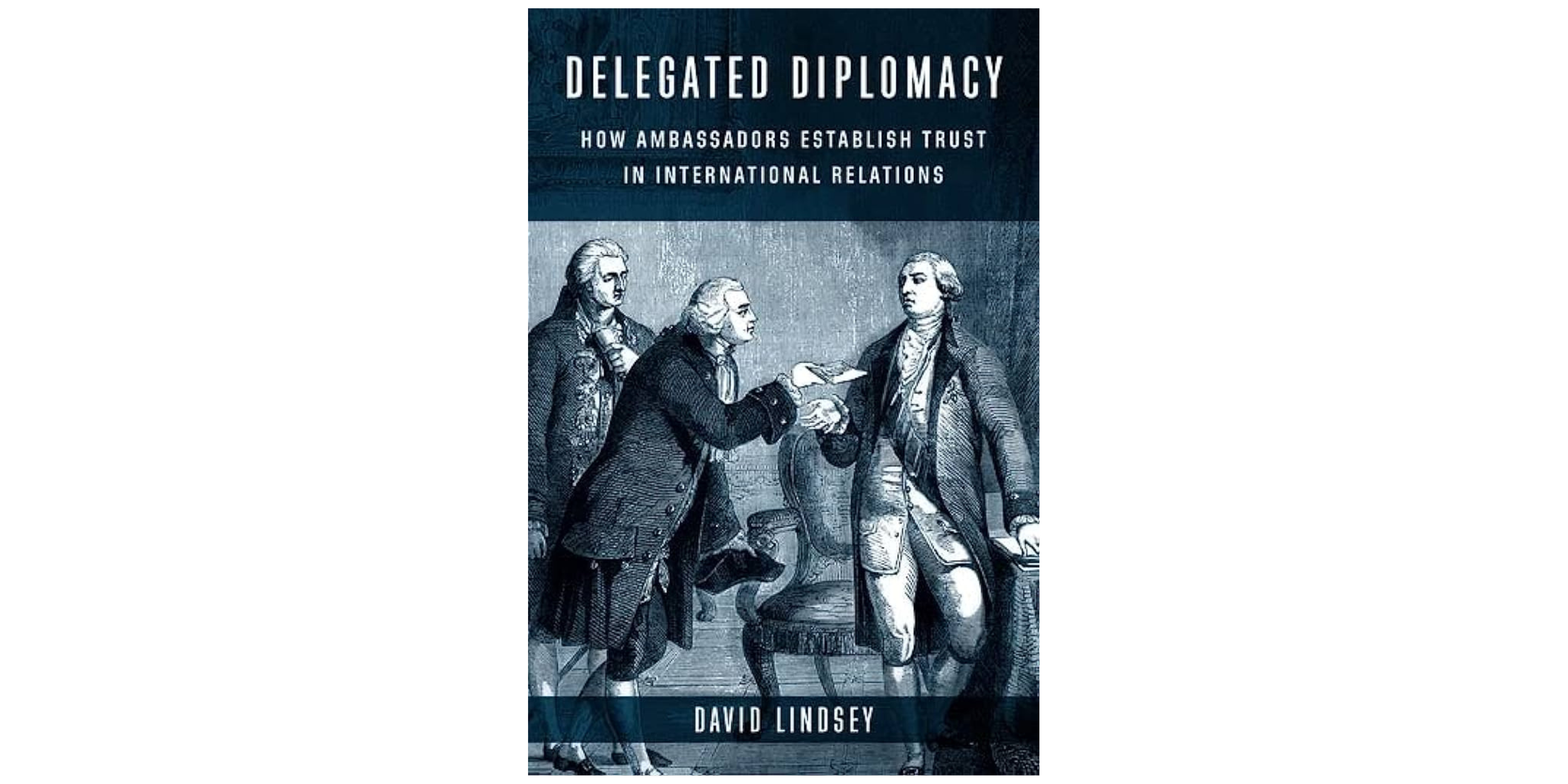
A Review of ‘Delegated Diplomacy: How Ambassadors Establish Trust in International Relations’
Dan Spokojny: When presidents and leaders can communicate directly and instantaneously with one another, why bother with diplomats? David Lindsey's new book offers a counterintuitive but compelling answer. This book review examines the compelling argument which demands that we take the role of diplomats more seriously.
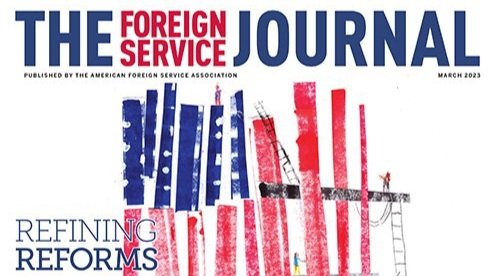
From Instinct to Evidence in Foreign Policy Decision-Making
Dan Spokojny: The modernization of the State Department and the return of diplomacy to its rightful place in the U.S. national security infrastructure—on top—will require more than small tweaks at the margins. Blinken’s modernization initiative is commendable, but more is required.
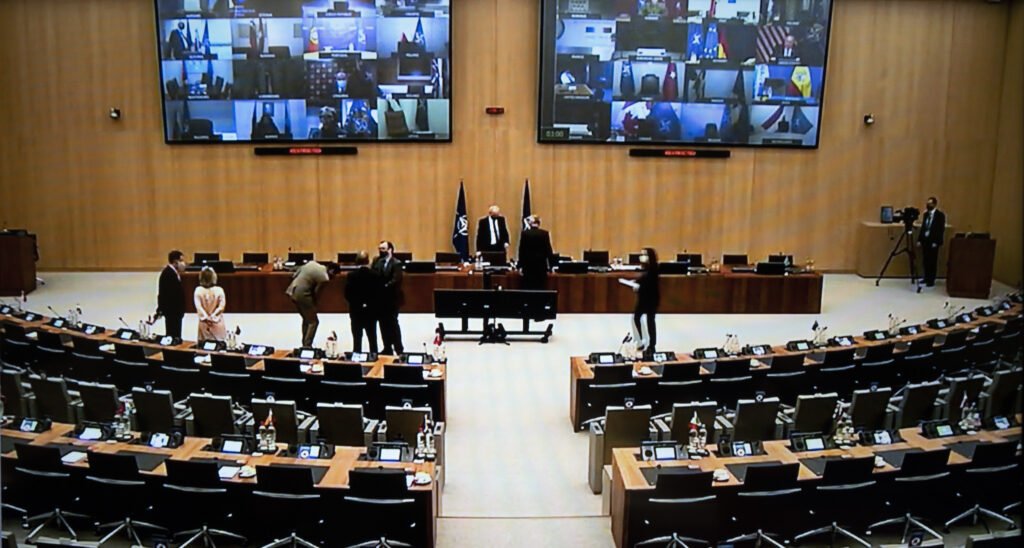
Doctrine for Diplomacy: To Remain Relevant, the U.S. State Department Needs a New Statecraft
Dan Spokojny: Many diplomats suggest that policy effectiveness arises from an elusive combination of good judgment and hard-earned experience. But good foreign policy must be more than simply a matter of taste. The military has doctrine. The intelligence community has tradecraft. Diplomacy has not kept pace. It is time to start treating the conduct of diplomacy as a profession with its own standards, methodologies, and skills: statecraft.

The U.S. Should Practice What It Preaches on ‘Good Governance’
Rachel George: Washington’s emphasis on good governance in fragile states requires more attention to institutional modernization at home. The coronavirus pandemic and myriad new global challenges have highlighted the importance of addressing the fractures and failures within the U.S. agencies tasked with implementing US foreign policy. The disconnect between applying good-governance principles at home as cohesively as they are being promoted abroad is glaring given U.S. expertise on adaptive management in the effort to enhance global stability and resiliency.

We Are Not Capable of Learning the Lessons of Afghanistan
Dan Spokojny: Lessons are empty wishes without national security institutions capable of actually learning and evolving. Learning, like war, requires an effective strategy and organization to accomplish success. If twenty years of war in Afghanistan have proven anything, it is that our national security institutions have a hard time learning from failure. Yet there is still hope for efforts to draw lessons from Afghanistan. Reformers have an opportunity refocus their attention to improving the processes and institutions of US foreign policy.
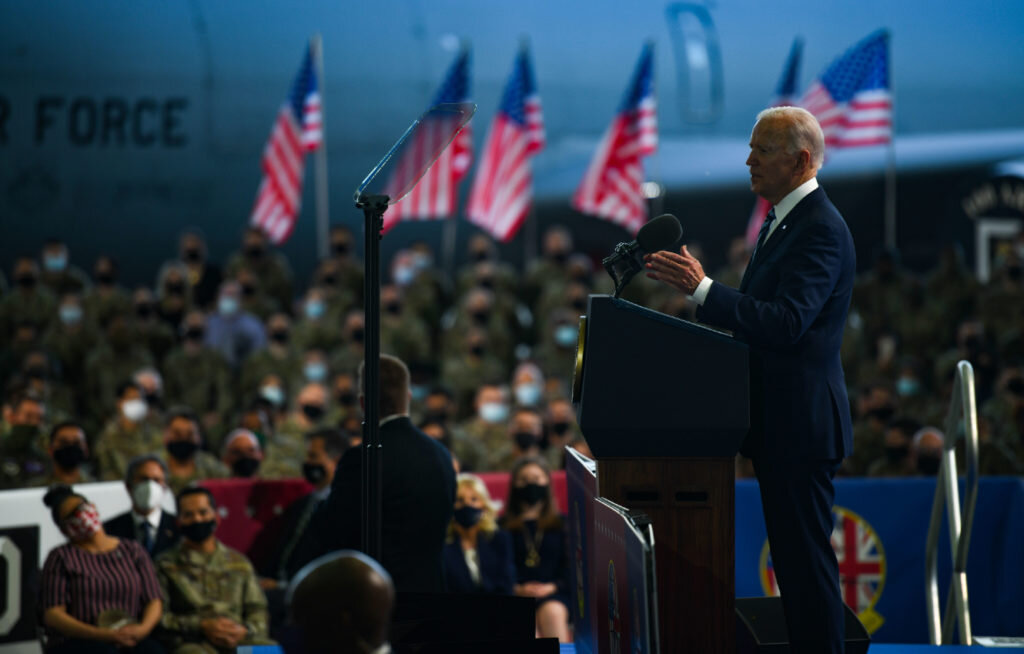
Foreign Policy Should Be Evidence-Based
Dan Spokojny and Thomas Scherer: An ascendant China. A revanchist Russia. Climate change. The threat of nuclear proliferation. Rising authoritarianism. The challenges to U.S. influence on the world stage have become so numerous, serious, and complex that some experts see the “unraveling” of American power. Simply put, yesterday’s tools may not be up to the task of solving today’s problems. We argue that the nation's ability to confront these challenges may depend on adopting an evidence-based policy process.

Why We Should Care About Politically Appointed Diplomats
Dan Spokojny: As Biden’s leadership team takes shape, it’s a good time to examine the research about political versus career appointments. On the one hand, presidents rely on political appointees to implement the agendas that got them elected. On the other hand, empowering long-serving career officials ensures the most experienced officials are influential in the policy process and incentivizes the development of expertise through a career in government service.
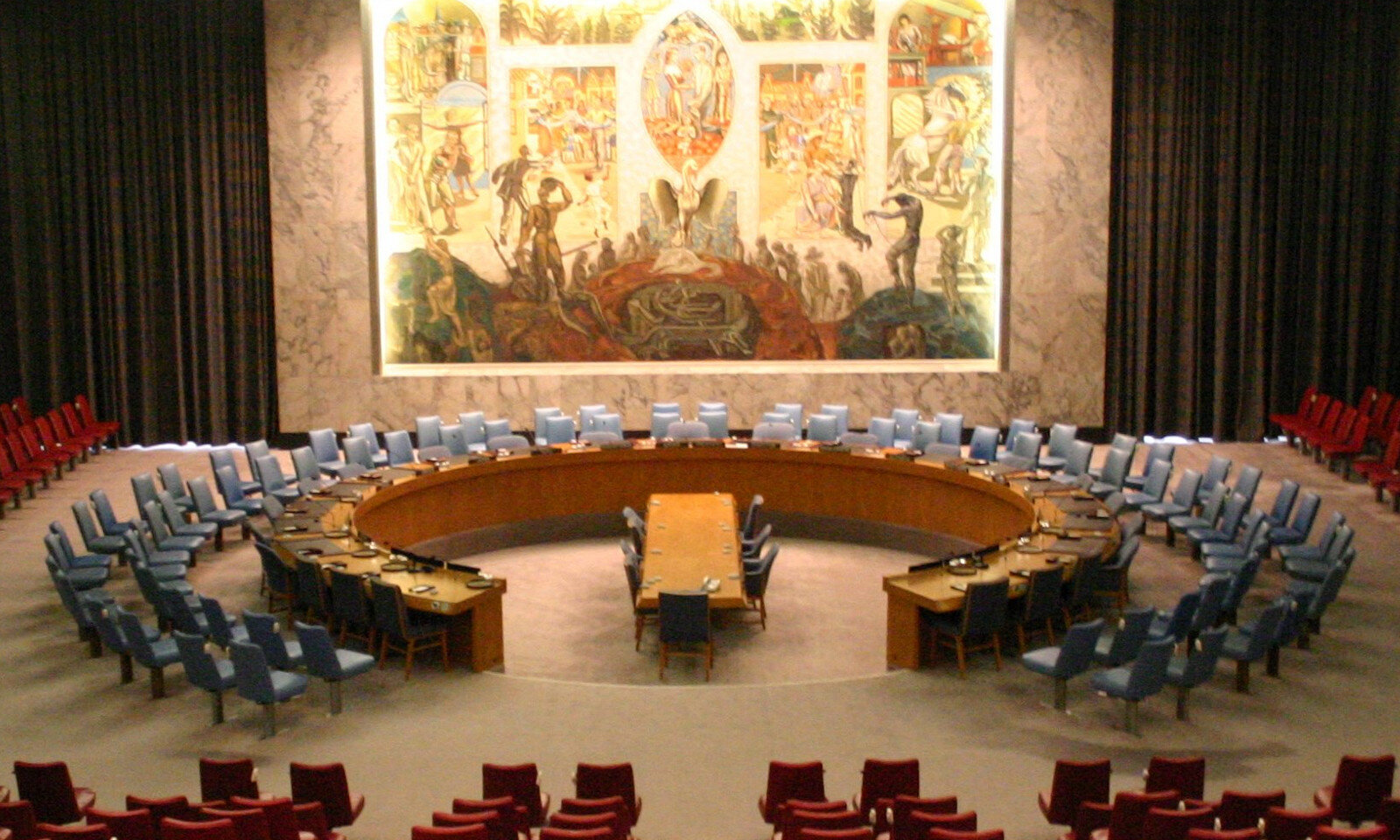
Winning the AI Revolution for American Diplomacy
Ryan Dukeman: Artificial Intelligence will be essential in strategic competition against digital authoritarianism and as a tool for more responsive, informed, and effective foreign policymaking. While the State Department has mostly been left out of America’s approach to AI, diplomats are uniquely positioned to advance an affirmative, values-based framework for global AI across these issue sets. State should capitalize on AI for more effective, responsive, and informed foreign policymaking, including in crisis-management, scenario-planning, and policy analysis.
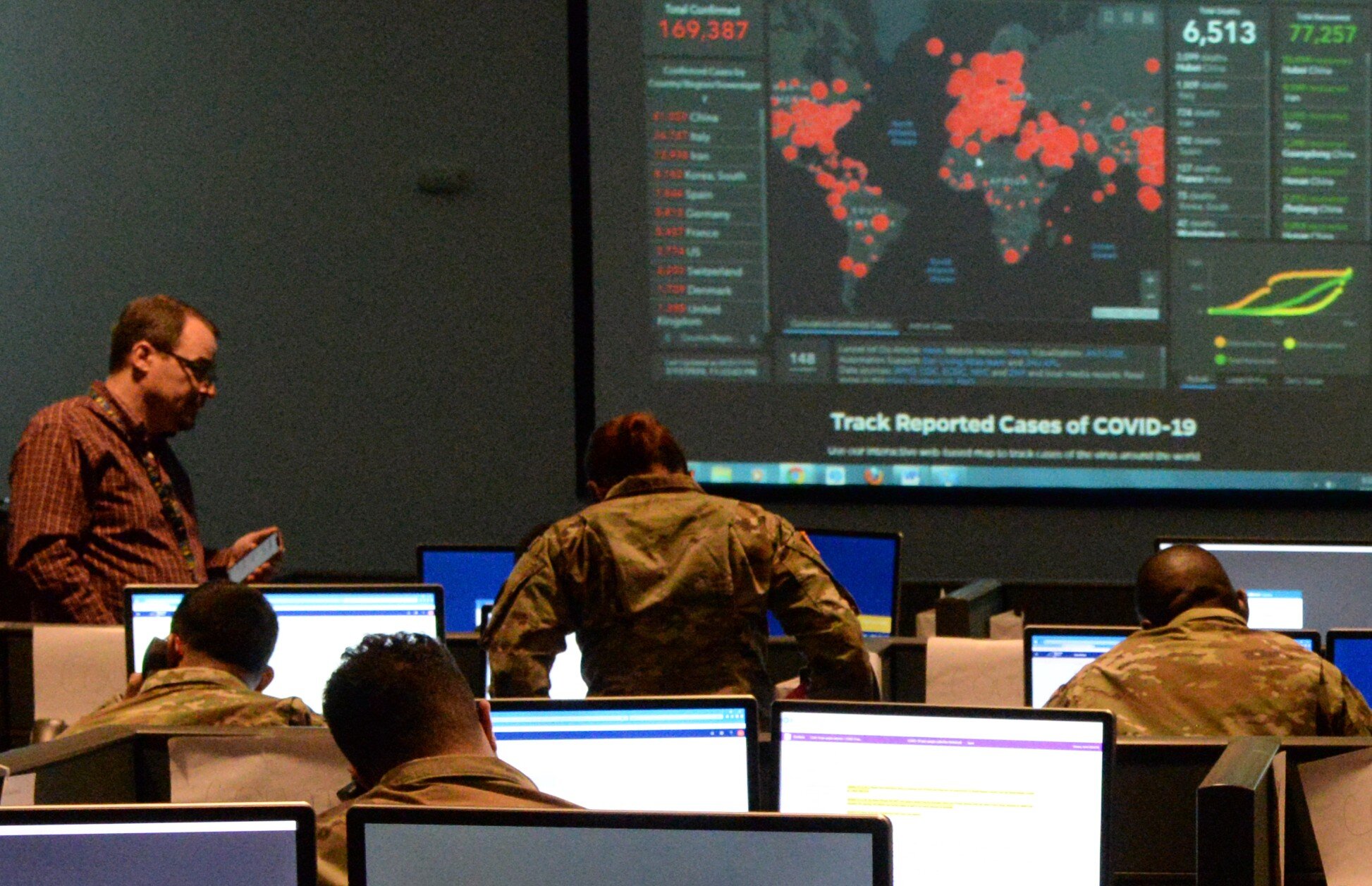
Pandemic Politics: Rebuilding diplomacy for a post-COVID-19 world
Ryan Dukeman: The pandemic’s geopolitical fallout presents a generational test for American diplomacy. Yet after nearly four years of institutional sabotage by the Trump administration, the United States’ State Department has never been in so weak a position to meet this challenge. Rebuilding American diplomacy must itself be a foreign policy priority if the United States is to lead the post-COVID-19 world. In order to do so, these four areas should form the core of this effort: focusing on data-driven policy-making, valuing expertise and debate, building a diverse workforce and tying change to the State Department’s mission.

Three concrete steps to improve the relationship between Capitol Hill and Foggy Bottom
Ryan Dukeman: For years, scholars and policymakers alike have bemoaned American diplomacy’s less-than-diplomatic approach to the first branch of government – a distrust that often cuts both ways, with legislators and staff conferring a degree of deference to the military and intelligence agencies they seldom accord to State. I propose three concrete steps Congress and the executive branch could take to improve them going forward: integrating legislative diplomacy; turning annual reports into interactive dashboards, and; strategically produce diplomatic data.

What American diplomacy can learn from public health experts
Dan Spokojny and Dr. Alex Bollfrass: In the United States, the coronavirus crisis has elevated a bureaucrat, Dr. Anthony Fauci, into the public spotlight coveted by politicians. His impressive leadership in this crisis owes much to his non-partisan expertise and a lifetime of public service. The success of public health officials like him during the Covid-19 crisis offers three inspirations for reform at the State Department. By fostering subject-matter expertise, government experience, and an apolitical dedication to policy success in its diplomats, U.S. foreign policy can achieve its objectives more effectively.

Breaking Away from “Born, Not Made”
Christina T. Le: It is often said by department leaders that great diplomats “rise to the top” and “hard work is rewarded,” but it isn’t clear how a person’s efforts will deliver promotions and opportunities. If we can create a new organizational culture—one where we acknowledge that diplomats are not born, but made—we are more likely to achieve the results we seek. In this manner, we are more likely to attract, retain and reward the workforce we both need and have promised the American people.

Warren’s Plan to Rebuild the State Department Doesn’t Go Far Enough
Dan Spokojny: Sen. Elizabeth Warren’s plan to “rebuild the State Department,” released on June 28, is the boldest commitment to diplomacy by any U.S. presidential candidate so far. With the nation enthralled by the spectacle of career diplomats bravely standing up against corruption, Warren’s proposal to end the practice of appointing campaign donors to ambassadorships and double the size of the foreign service should be lauded.

